Scotland’s fish farms have delivered a £3.3 billion boost to the country’s economy during the last decade figures have revealed.
A Scottish Government report shows farmers’ economic contribution soared by 76% from £206 million in 2011 to £362 million in 2020.
Farming staff numbers also increased by nearly a third in the same period.
Trade body Salmon Scotland said the research shows farm-raised salmon “generates vital wealth for the country”.
According to Scottish government findings, aquaculture was the third largest marine contributor in Gross Value Added (GVA), only behind oil and gas, construction and water transport services.
Farming accounted for 9.4% of the Scottish marine economy in 2020, compared to 7.3% for sea fishing at £284 million.
Labour productivity (GVA per worker) for farming was second only to freight water transport, providing £151,565 per head.
Calls for regulatory overhaul
During the decade, farmers grew 1.9 million tonnes of fish worth £9bn, with sustainable production rising on average by 2.9% year-on-year.
The report comes amid calls for an overhaul of the regulatory and planning system for salmon farming.
Salmon accounts for 96% of Scotland’s aquaculture value while recent HMRC data confirms Scottish salmon is the UK’s largest food export.
Salmon Scotland chief executive Tavish Scott said: “Scottish salmon generates vital wealth for the country and specifically for our islands and Highland coastal communities.
“Farm-raised Scottish salmon is a global success story that everyone in Scotland can take pride in, putting protein product on people’s plates and delivering environmental and welfare standards.
“I pay tribute to the farmers and all those involved in the journey from egg to plate.
“All this has been achieved despite the incredible challenges of Covid and Brexit and with the right government support – streamlined regulation, a more business-friendly approach to immigration in the post-Brexit environment and action to tackle rural housing shortages.”
France leads worldwide demand
Scottish salmon was the UK’s biggest food export in 2022, according to HMRC figures with sales reaching £578 million in the calendar year and France leading global demand.
To illustrate the importance of France to the sector a Scottish salmon event was celebrated at a St Andrew’s Day reception in Paris late last year.
Mr Scott joined Scottish Rural Affairs secretary Mairi Gougeon and French sushi chef Hirose Abe at the British Embassy in the French capital for an event with government officials and local media.
The celebration of Scottish food and drink also marked 30 years of Scottish salmon holding the ‘Label Rouge’ quality mark in France, the official recognition by the French authorities of the superior quality of a food or farmed product.
European destinations dominated as the sector continued to bounce back from Brexit.
Scottish salmon was exported to 54 countries, with North America and Asia reporting strong demand.
Overseas Scottish salmon sales outperformed all the UK’s other main food exports including bakery goods, chocolate, cheese, cereals and lamb.
Fresh Scottish salmon accounts for more than £500 million of fish sales across the UK retail market annually.
The salmon sector adds more than £760 million to the economy every year and spends £370 million supporting more than 3,600 suppliers across Scotland.
More than 2,500 people are directly employed in salmon farming throughout the country with 10,000 jobs dependent on the sector.
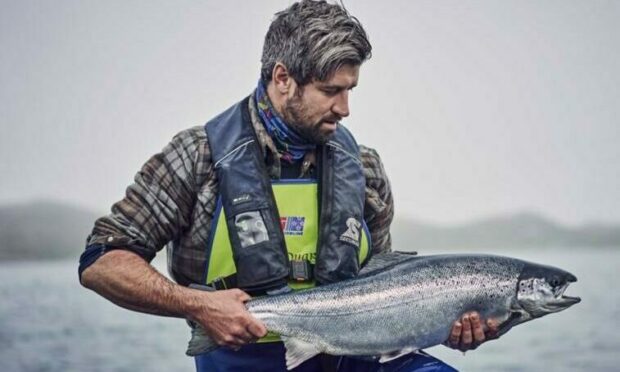
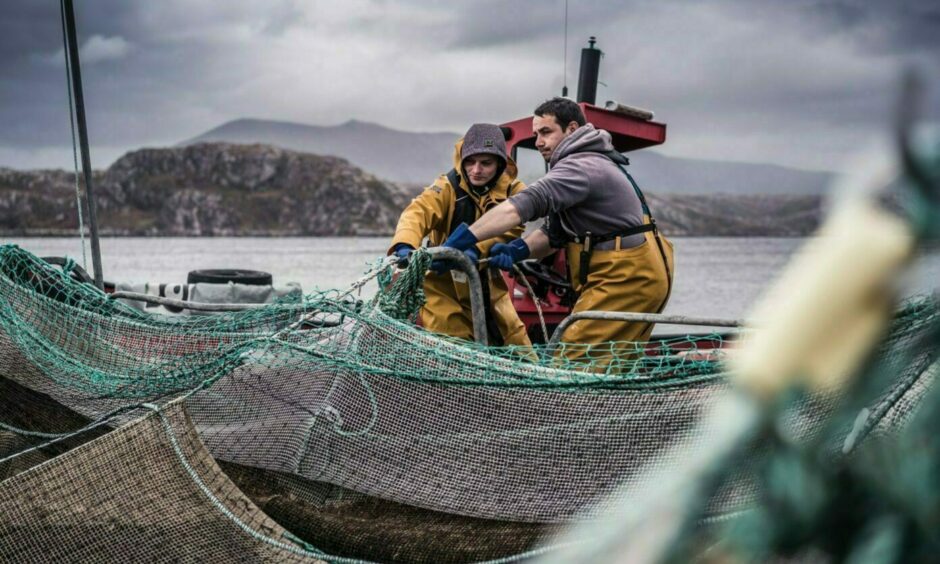
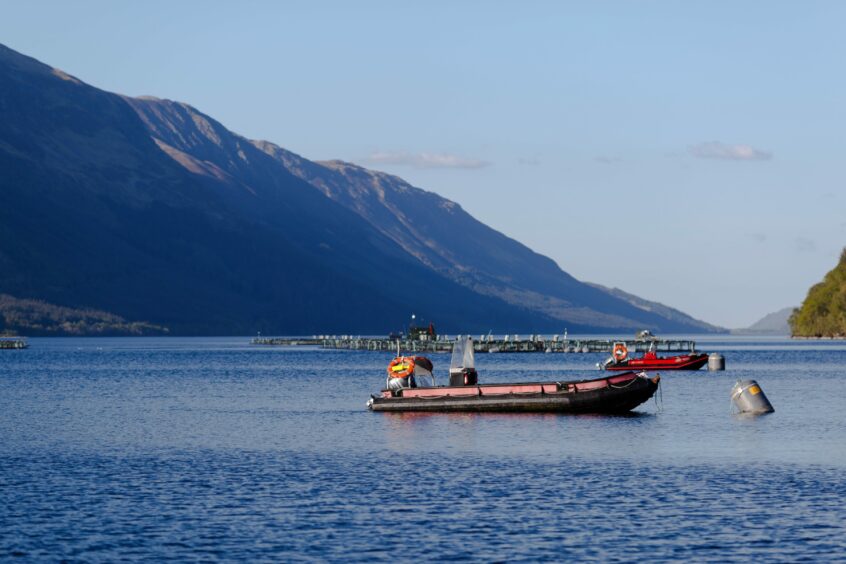
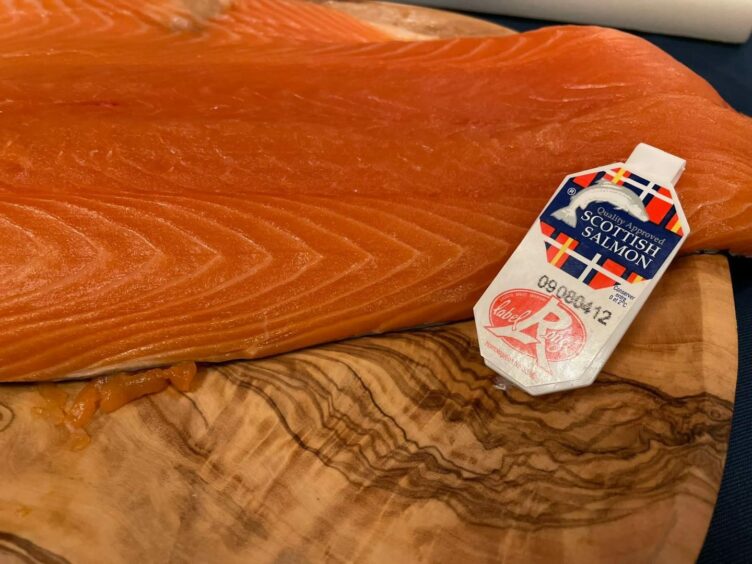
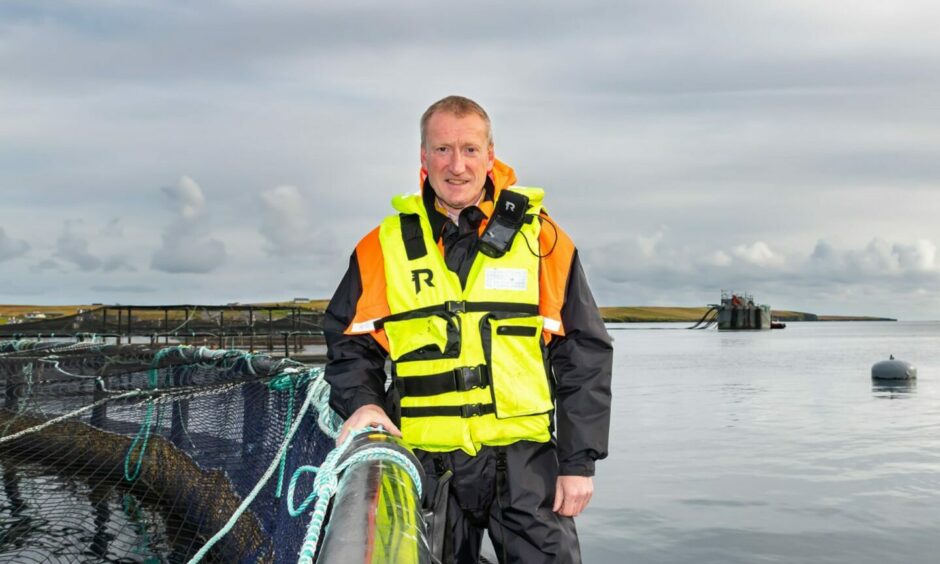
Conversation